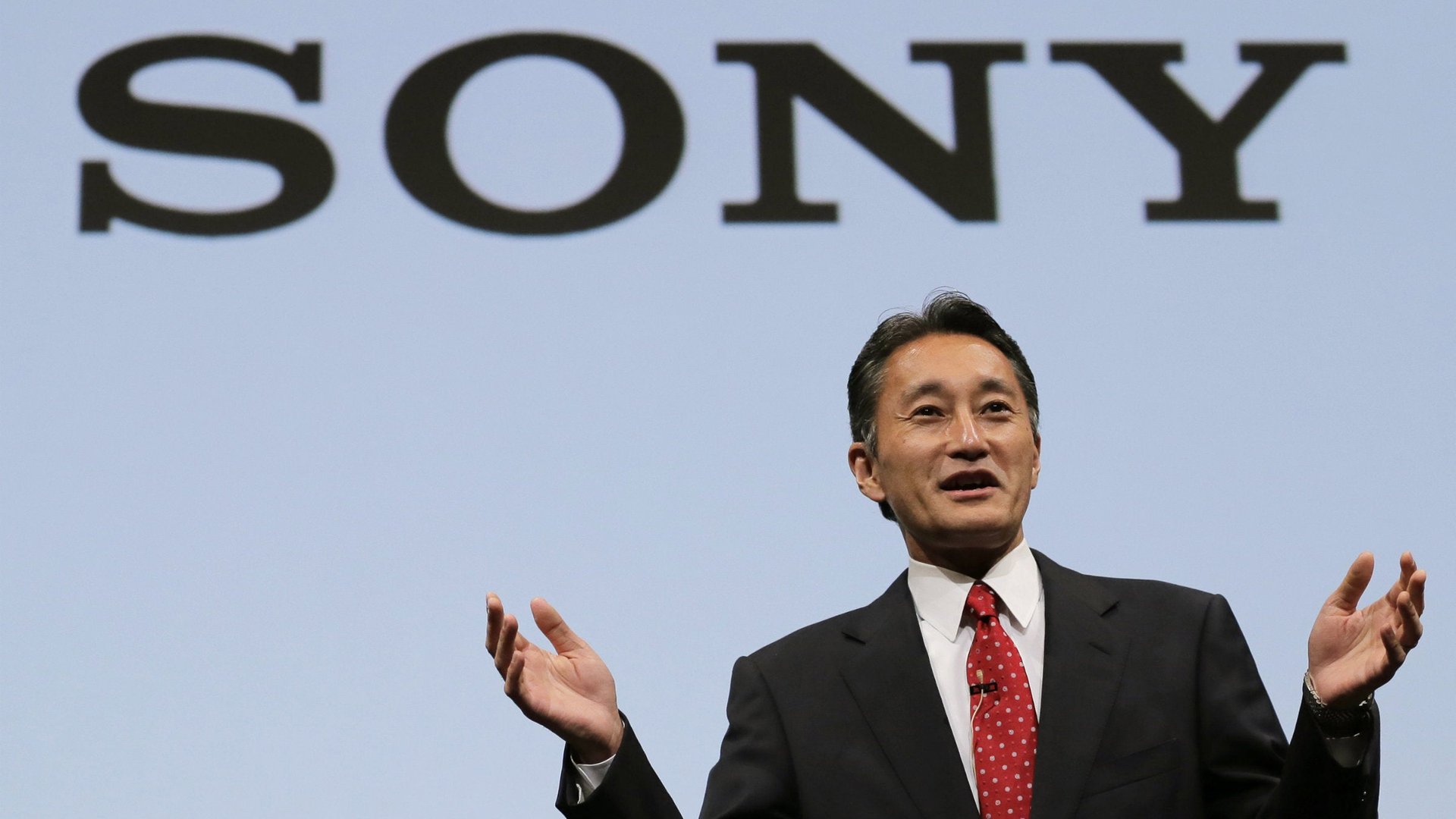Sony considers Loeb’s spin-off proposal, but rebirth might require a miracle gadget
Activist investor Dan Loeb’s call to partially spin off Sony’s entertainment division got a remarkably civil response on Wednesday, as Sony said it would discuss the proposal with its board. Japan’s Nikkei newspaper reported that Sony is also hiring financial advisors to evaluate the deal.


Activist investor Dan Loeb’s call to partially spin off Sony’s entertainment division got a remarkably civil response on Wednesday, as Sony said it would discuss the proposal with its board. Japan’s Nikkei newspaper reported that Sony is also hiring financial advisors to evaluate the deal.
Investors sent the company’s stock up 5.9% on the news—to its highest level in two years—which amounts to a vote of confidence in the idea that a revamped, refocused, and newly enriched Sony could once again find the consumer electronics mojo that produced the Walkman. But it’s an open question whether Sony is still capable of creating world-changing products, and merely executing more effectively with its existing product lines may not be enough given the brutal competition for smartphones, PCs, and TVs. Even as Sony said it would consider Loeb’s plan, it slashed its expected sales of smartphones and cameras by 13-17% percent for the year.
Sony currently makes most of its profits from its entertainment division, which includes record labels and movie studios, and, bizarrely, from financial services like insurance policies. Loeb has suggested that spinning off 20% of Sony’s entertainment unit would lift that from the weight of the struggling electronics business, which Sony management could then focus on reviving.
Ironically, the fact that Sony combined consumer electronics alongside an entertainment division let Apple steal its thunder in the first place: during the rise of iTunes and the iPod, Sony insisted on using a consumer-unfriendly digital rights management standard to protect its music division, and also had trouble signing up rival music labels. More broadly, software has been the Achilles’ heel of Sony’s gadgets, with the company unable to match the seamless user experiences of companies like Apple.
Sony’s Playstation videogame console unit, which is separate from its electronics division, has been home to one of Sony’s few mass-market hits of late, and its fate would be uncertain in a revamped company that is more starkly divided between technology products and entertainment. “Culturally, it would probably be more at home with the Entertainment arm of the company,” wrote Rob Fahey of Games Industry International this week, “yet it relies heavily on the engineering and manufacturing clout of Sony’s home electronics background.”
CEO Kazuo Hirai cautioned on Wednesday that Sony is “still at the starting stage” of evaluating the spin-off proposal, and Loeb faces an uphill climb in forcing reforms on a company (and a country) that is notoriously resistant to change. But even if he succeeds, rescuing Sony will require more than financial maneuvers and corporate reorganizations. If Loeb’s proposal is going to enable the rebirth of Sony, rather than its dismemberment, the company will eventually have to create a world-changing product that no one—except perhaps an unknown genius in a Sony research lab—has thought of yet.